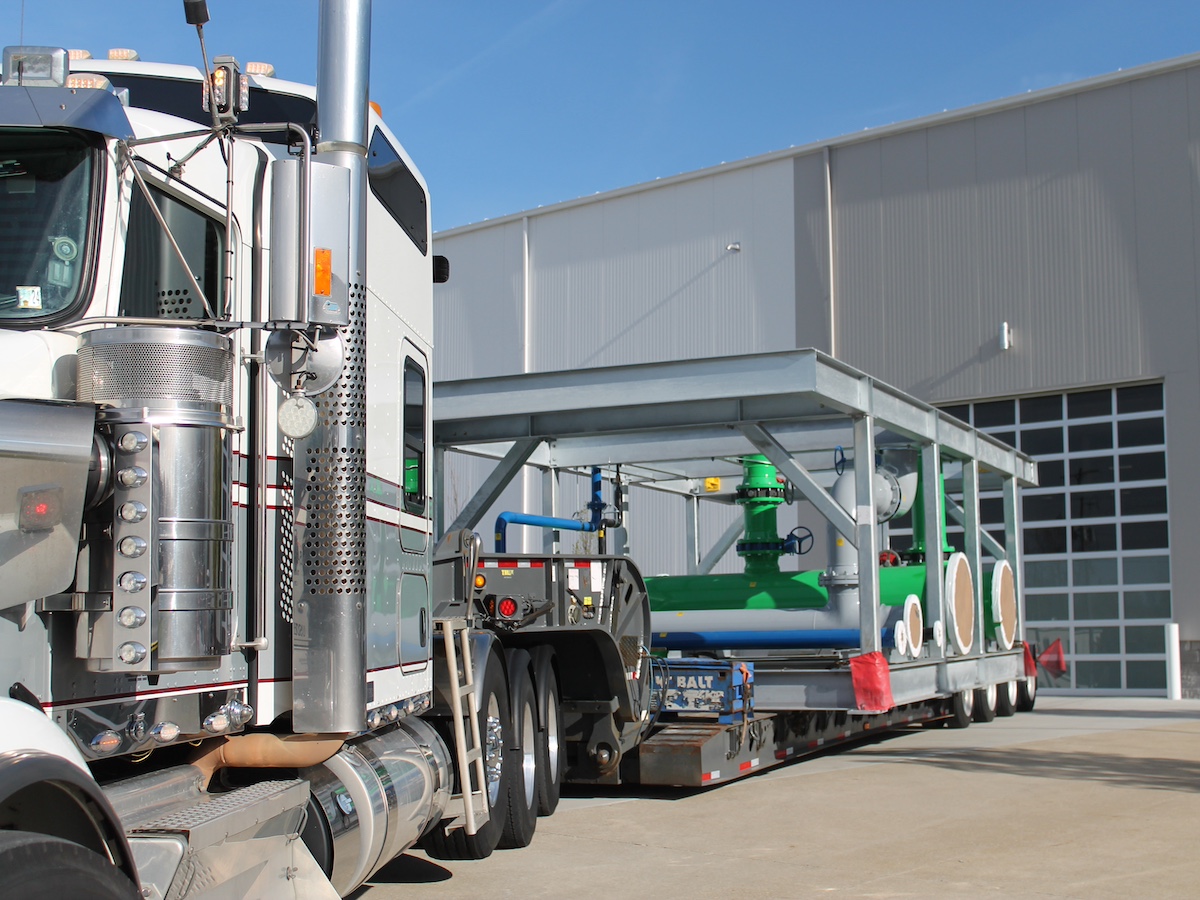In today’s fast-changing industrial landscape, businesses increasingly require solutions that are tailored to their specific operations. Off-the-shelf components and generic systems often don’t meet the unique technical demands or regulatory requirements of complex sectors like automotive, data centers, and semiconductor manufacturing. This is where custom fabrication delivers precision, performance, and efficiency across modern industries.
This article explores how custom fabrication is transforming industrial capabilities, the processes behind it, and what to look for in a trusted fabrication partner.
What is Custom Fabrication?
Definition and Scope
Custom fabrication involves the design, engineering, and production of components or systems tailored to the needs of a particular business or project. Rather than relying on pre-manufactured parts, businesses opt for bespoke solutions that provide the exact dimensions, materials, and features needed for optimal performance.
These solutions are commonly built using metal, steel, and composite materials and can range from air handling units and enclosures to full-scale modular substations and conveyor components.
Key Processes Involved
Modern custom fabrication integrates a variety of precision processes:
- Laser Cutting & CNC Machining – For creating accurate, repeatable parts with tight tolerances
- Welding & Metal Forming – To shape and assemble structures and components
- Powder Coating & Finishing – For corrosion resistance, durability, and visual appeal
- Modular Assembly – Enabling pre-assembled systems that are easy to install and relocate
These steps are supported by advanced CAD modeling and engineering expertise, ensuring that each component performs exactly as intended.
Industries That Rely on Custom Fabrication
Custom fabrication is essential to many industries, but certain sectors depend on it more heavily due to their complexity and evolving infrastructure needs.
Electric Vehicles (EVs)
EV infrastructure demands rapid innovation in modular electrical rooms, battery cooling, and power distribution systems. Custom-fabricated components ensure high-performance environments that support energy efficiency and safety standards.
Data Centers
Data centers require specialized air handling and power distribution systems. Fabricated units for HVAC integration and modular enclosures ensure thermal control and high uptime.
Key Benefits of Custom Fabrication
Tailored Functionality
Custom fabrication allows businesses to create equipment and structures specifically suited to their space, workflow, and technical requirements—something mass-produced items rarely offer.
Superior Performance and Longevity
Using the right materials and precision-engineered designs leads to increased product life, better energy efficiency, and reduced maintenance costs.
Modularity and Scalability
Fabricated systems can be designed for future expansion. Modular substations, HVAC systems, and control enclosures can scale with growing infrastructure needs.
Compliance and Safety
Fabrication helps companies meet stringent industry and environmental standards. Custom parts are often necessary to satisfy regulatory codes in sectors like energy, construction, and technology.
Faster Project Timelines
When working with a skilled partner, custom solutions can actually accelerate timelines, especially with off-site pre-assembly and plug-and-play integration capabilities.
Challenges in Custom Fabrication
Upfront Cost
Custom work can carry higher initial costs due to design, engineering, and material demands. However, these costs are often offset by long-term savings and efficiency gains.
Lead Time Management
Engineering-intensive projects may take longer to complete, especially if there’s a learning curve in understanding the client’s needs or adapting to emerging technologies.
Design Complexity
Custom solutions require collaboration between design engineers and fabrication teams. Without that alignment, project quality or functionality can suffer.
How to Choose the Right Custom Fabrication Partner
Industry Expertise
Look for a partner who has demonstrated success in your specific industry. This ensures familiarity with regulations, tolerances, and functional requirements.
Integrated Capabilities
A full-service fabrication partner should offer design, engineering, fabrication, coating, assembly, and logistics—all under one roof. This minimizes errors and communication gaps.
Certifications and Quality Standards
Ensure that the fabricator meets industry benchmarks, such as ISO standards or OSHA compliance. This is particularly important in sectors where safety and precision are non-negotiable.
Proven Track Record
Experience matters. Review case studies, facility tours, and client testimonials to understand how the fabricator approaches real-world challenges.
The Future of Custom Fabrication
Smart Manufacturing
With the rise of Industry 4.0, digital technologies are improving the accuracy, traceability, and automation of fabrication processes. Expect more use of IoT and digital twins in the future.
Sustainable Practices
From using recyclable materials to designing energy-efficient systems, custom fabrication is playing a growing role in green manufacturing strategies.
Demand-Driven Production
As industries shift to just-in-time and lean manufacturing models, custom fabrication will continue to adapt with flexible, agile production schedules and shorter delivery windows.
FAQs
What is the difference between custom fabrication and traditional manufacturing?
Traditional manufacturing focuses on large volumes of standardized products, while custom fabrication produces tailored solutions based on specific client needs.
How long does a custom fabrication project take?
Timelines vary depending on complexity and scope but typically range from a few weeks to a few months, including design and approvals.
Are custom solutions worth the investment?
Yes, especially for industries that require specialized performance, regulatory compliance, or long-term durability. Custom fabrication reduces the need for modification and retrofitting later on.
Can modular fabricated systems be relocated or reused?
Absolutely. Many custom-fabricated systems—like modular substations or electrical enclosures—are designed with future relocation or expansion in mind.
What makes a good custom fabrication partner?
A great partner combines industry knowledge, modern equipment, in-house capabilities, and a collaborative approach to ensure projects are delivered accurately and on time.
Built to Perform. Ready to Deliver.
At Miller Fabricated Systems, we specialize in custom metal fabrication for industries like automotive, data centers, healthcare, and logistics. From conveyor systems and modular rooms to structural steel, powder-coated enclosures, and HVAC units, everything we build is designed for performance and built in-house at our expanding facility in Fenton, Michigan.
With full-service capabilities—including design, fabrication, coating, and assembly—we deliver high-quality solutions with speed, precision, and reliability.
Looking for a trusted fabrication partner? Let’s build something great—together.

